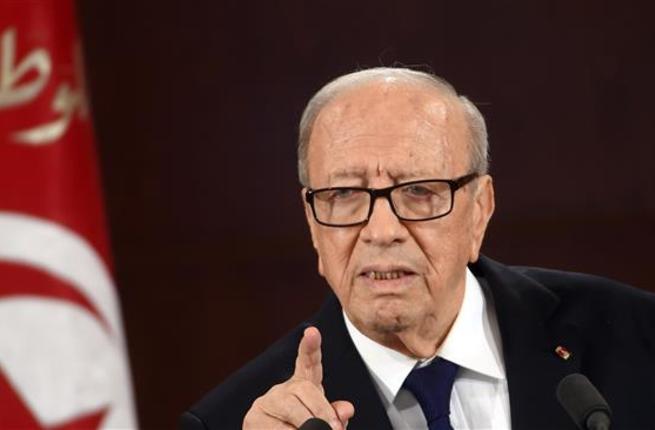-
Tips for becoming a good boxer - November 6, 2020
-
7 expert tips for making your hens night a memorable one - November 6, 2020
-
5 reasons to host your Christmas party on a cruise boat - November 6, 2020
-
What to do when you’re charged with a crime - November 6, 2020
-
Should you get one or multiple dogs? Here’s all you need to know - November 3, 2020
-
A Guide: How to Build Your Very Own Magic Mirror - February 14, 2019
-
Our Top Inspirational Baseball Stars - November 24, 2018
-
Five Tech Tools That Will Help You Turn Your Blog into a Business - November 24, 2018
-
How to Indulge on Vacation without Expanding Your Waist - November 9, 2018
-
5 Strategies for Businesses to Appeal to Today’s Increasingly Mobile-Crazed Customers - November 9, 2018
Tunisia declares state of emergency after hotel attack – state media
A statement from the president’s office said Essebsi will give a speech on national TV at 4pm GMT, when he will address the nation, according to Reuters.
Advertisement
The declaration follows last week’s attack in which a lone gunman entered a resort at the Mediterranean coast town of Sousse and began systematically killing tourists, majority British, but also some from Germany and Belgium.
Those killed included 30 Britons.
Lorna Carty from Robinstown, Co Meath, and Martina and Laurence Hayes from Westlodge, Athlone, were killed last week when Tunisian student Seifeddine Rezgui opened fire on a beach in the Sousse region.
On Friday, the authorities admitted for the first time that there had been security failures, with Prime Minister Habib Essid saying: “The time of the reaction – this is the problem”.
He said Rezgui had probably trained with the Ansar al-Sharia group, though Islamic State (IS) earlier said it was behind the attack.
Eight people have been arrested in connection with the attack. Immediately after the Sousse attack, the prime minister pledged to post armed guards at tourist sites and close mosques outside government control.
Analysts say Tunisia has been put at risk by the chaotic situation in neighbouring Libya, and by the threat posed by Tunisians who have gone to fight in Syria and Iraq returning home.
An earlier state of emergency, granting special powers to the police and army, was lifted in March 2014, having been in force since longtime president Zine El Abidine Ben Ali was ousted in a 2011 revolution.
Islamic State (Isis) claimed responsibility for the massacre, which was the most deadly in Tunisia’s recent history.
Advertisement
In March, gunmen killed 22 people, again mostly tourists, at The National Bardo Museum outside Tunis.





























